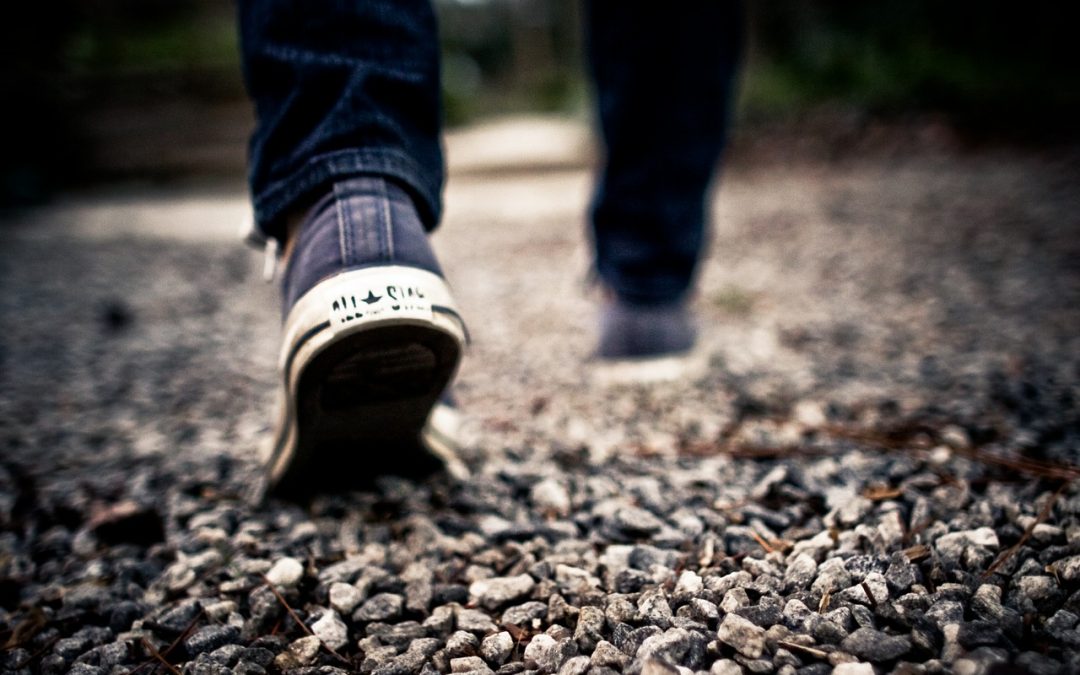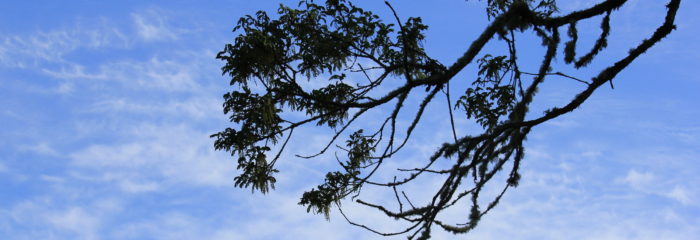
Teach Me Your Way
 Part of my daily practice includes a fragment of a teaching from the Piaseczner Rebbe, Kalonymus Kalman Shapira. He instructed his students to work with Psalm 86:11: “Teach me, YHVH, your way that I may walk in your truth. Unify my heart to revere your name.” He taught a particular melody for the verse which I learned from Rabbi Nehemia Polen. I chant it to myself at the end of my meditation and before my prayer.
Part of my daily practice includes a fragment of a teaching from the Piaseczner Rebbe, Kalonymus Kalman Shapira. He instructed his students to work with Psalm 86:11: “Teach me, YHVH, your way that I may walk in your truth. Unify my heart to revere your name.” He taught a particular melody for the verse which I learned from Rabbi Nehemia Polen. I chant it to myself at the end of my meditation and before my prayer.
When I began working with this verse, I was struck by the goal of learning to revere God’s name. I am not typically drawn to yirah, the particular combination of fear and awe that is the mainstay of so much “Old Testament” religion. Jewish spiritual masters focus on both love and reverence as the twin hallmarks of devotion and in this day and age, don’t we need more love? Don’t we have enough fear?
And yet, this verse calls to me. It is becoming a more and more compelling instruction in humility which opens the possibility of living my life in attunement to something much beyond myself that also includes myself. And it turns out that yirah is the key.
Here is how I am working with the verse as an intention for my day. When I say, “Teach me your way that I may walk in your truth,” I remind myself that there are so many ways to go through the day before me. I will doubtlessly encounter all kinds of people; I will probably be annoyed at some point; I hopefully will experience a little connection. However, no matter what greets me, the one thing I can be sure of is that some spark of Divinity will be present in it. Whether I see it or not is up to me. I place myself in the position of the student: teach me, God, to go through my day seeing you in everything I encounter. I don’t really know how to do this. But if I see you, maybe I will respond more wisely and appropriately.
“Unify my heart to revere your name.” This part of the verse gives me the chance to bring a little compassion to the fragmentation of my own heart, all its distractions, its insecurities, the fragile ego that always wants more love, more affirmation. And then it reminds me that the greatness in the world is not my ego after all. It is that life force in everything, that flows in me and through me and which I seek to serve. When I can remember that, my life takes on its greatest meaning.
To me, this whole practice is a practice of humility, of remembering that the value of my day is not whether it was a “good” day or not, or whether pleasant things happened to me. The value of my day is in how I learn to see the teeming network of life that I am a part of, that I contribute to and am impacted by. Yirah, fear and awe, opens to ahavah, flowing love. I am ready for my day.

